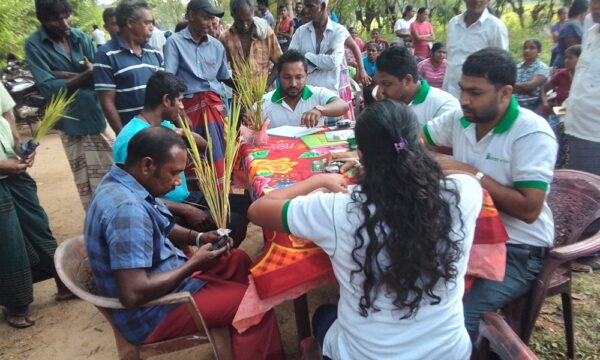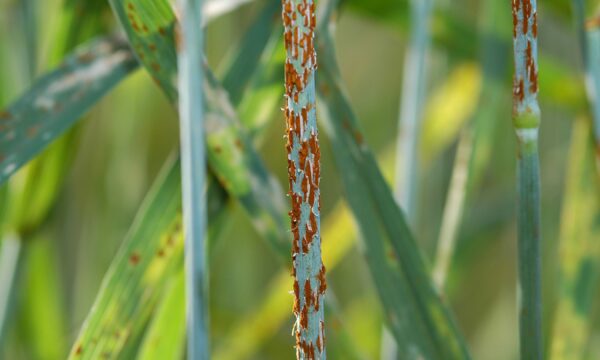The modern world seems to have an increasing fascination with virtual farming, as more and more of us are downloading applications like ‘FarmVille’ and ‘Zombie farm’. For farmers in Tanzania growing crops successfully is much more than a game, but they are now joining smartphone users to try to increase their yields and crop profitability.
The use of more sophisticated technology is not a new idea for many farmers (the Ethiopian Commodity Exchange is a good example of a successful pilot project), but there have recently been optimistic reports from a new project set up in Tanzania. Farmers provided with smartphones can use GPS modules and applications that support picture and video transmission to share their knowledge on local pests, diseases and treatments. This may then allow scientists to retrieve and record this information for further study, too.
Under these schemes help with pest management is only a click away, and farmers have already reported the positive effects of quick diagnoses and effective treatment suggestions from remote advisers (for example by a text message), which has resulted in increased crop yields and profits. There are of course times and places where such technology may not be so appropriate, and meeting someone in person can be more beneficial than a virtual plant doctor in some circumstances. But for those living in isolated regions without such facilities on their doorstep, smartphones provide a lifeline to much-needed, up-to-date information.
The use of smartphones could provide those in the agricultural industry with endless possibilities for limiting pest damage, adapting to local conditions and sharing best practices. They can be used to improve and develop infrastructure, too, helping farmers to get the best price for their crops at the time of selling. These are certainly big steps forward, although as ever there is still much work to be done before all farmers can access such facilities. In the meantime, perhaps I had better get downloading and improve my Crop Mastery Ranking before it’s too late…
You can find out more information about these and other projects using the links in the article above or by clicking on the links below:
Kwasi Addom, B., Reforming Ag. Extension, One ICT at a Time!, 1 November 2011
Kwasi Addom, B., “Agriculture Goes High Tech” – A Decade of Digital Video!, 10 November 2011
For more info on the social impacts of mobile/technology use try: http://www.mobileactive.org/
6 Comments
Leave a Reply
Related News & Blogs
Early pest warnings and IPM advice are improving food security for maize farmers in Ghana
Pest warnings are changing the way that smallholders in Ghana farm. Smallholder maize farmers in Ghana have long grappled with the challenges posed by crop pests. Over the past few years, this has included the notorious fall armyworm. This voracious in…
14 November 2023






Similar technology has also taken off for livestock management, helping farmers to get the best and most up-to-date advice possible:
http://www.scidev.net/en/new-technologies/icts/features/-icow-helping-farmers-make-the-most-of-their-cattle.html?utm_source=link&utm_medium=rss&utm_campaign=en_features
it,s very nice information.thank you
[…] Virtual farming becomes a reality (plantwise.org) […]
[…] Here is an article on virtual farming. […]
[…] sales of livestock. Founded 3 years back, Goatti started out as a physical livestock farm, until a virtual farming application was unveiled 2 years ago, May to be […]
[…] sales of livestock. Founded 3 years back, Goatti started out as a physical livestock farm, until a virtual farming application was unveiled 2 years ago, May to be […]